Television has long been a mirror reflecting societal norms, values, and controversies. While many shows push boundaries to spark conversation, some have crossed lines that led to their episodes—or entire series—being pulled from the air. From health concerns to cultural sensitivities, here are notable instances where TV content was quietly banned or removed, and the reasons behind these decisions.
1. “Dennō Senshi Porygon” – Pokémon
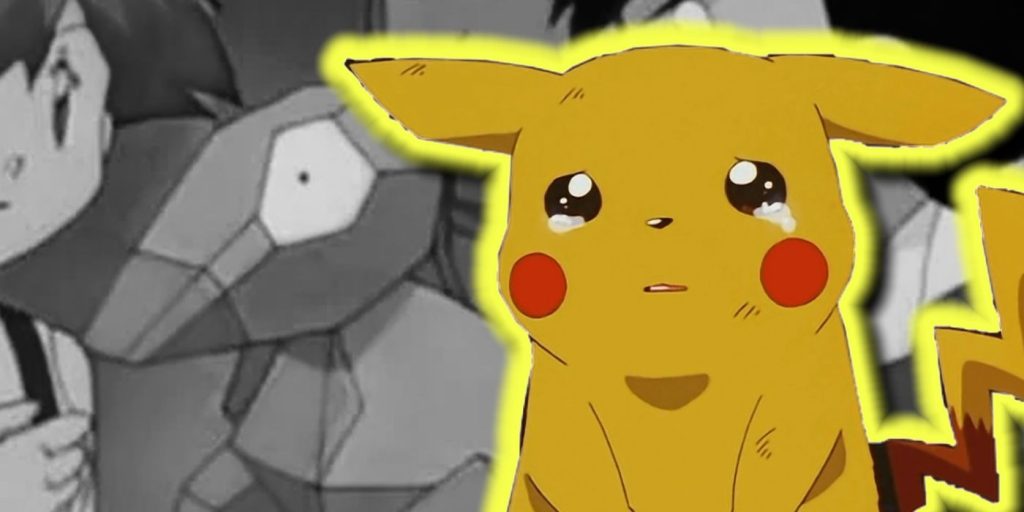
In 1997, an episode of the popular anime Pokémon titled “Dennō Senshi Porygon” aired in Japan. The episode featured rapidly flashing red and blue lights, which triggered seizures in hundreds of viewers, primarily children. This incident, known as the “Pokémon Shock,” led to over 600 hospitalizations. The episode was subsequently banned worldwide and has never been rebroadcast.
2. “Man’s Best Friend” – The Ren & Stimpy Show
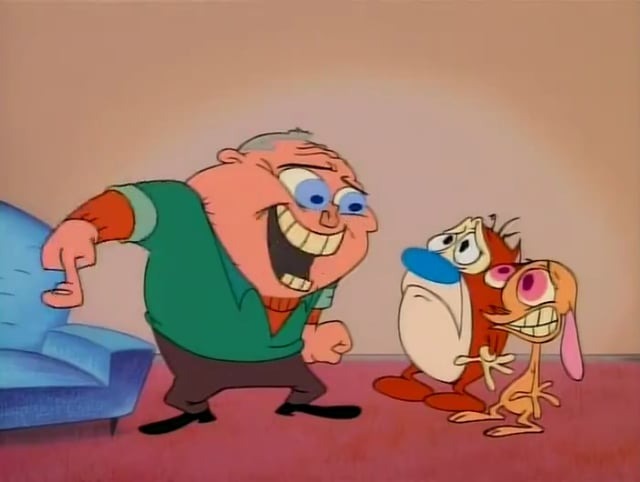
Nickelodeon’s The Ren & Stimpy Show was known for its edgy content, but the episode “Man’s Best Friend” went too far. Featuring intense violence and dark themes, the episode was deemed unsuitable for the network’s young audience. As a result, it was pulled before airing and remained unaired until years later, when it was broadcast on a different network catering to adult audiences.
3. “Advanced Dungeons & Dragons” – Community
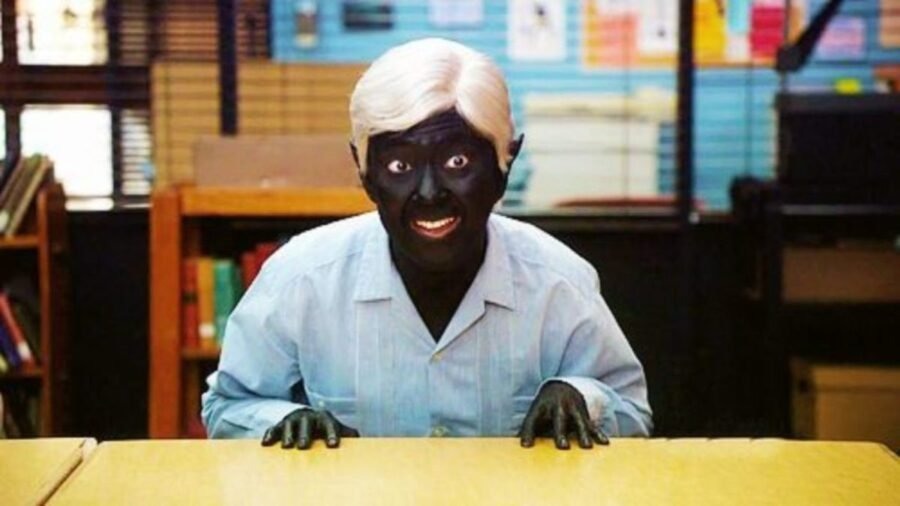
The sitcom Community faced backlash for its Season 2 episode “Advanced Dungeons & Dragons.” The episode included a character portrayed with dark makeup, which was criticized for resembling blackface. In response to the controversy, streaming platforms like Netflix and Hulu removed the episode from their libraries to address concerns about racial insensitivity.
4. “Skins” (U.S. Version)
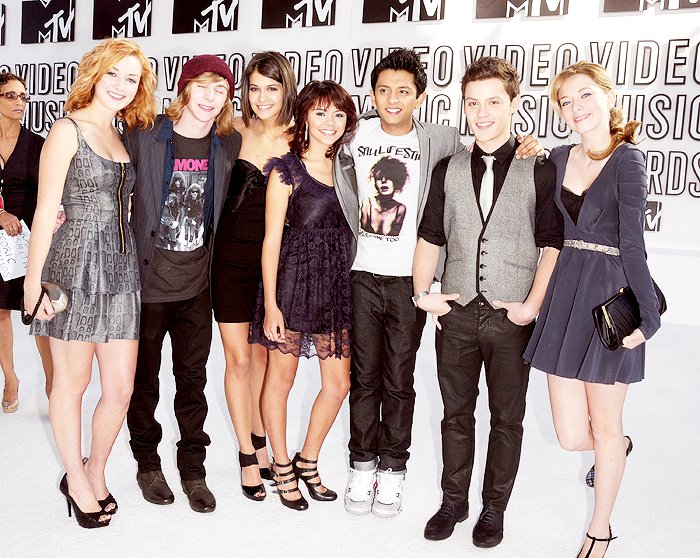
MTV’s adaptation of the British series Skins aimed to depict teenage life with unfiltered realism. However, its explicit content, involving underage actors in mature scenes, sparked outrage. Major advertisers withdrew support, and advocacy groups called for investigations into potential child exploitation. Facing mounting pressure, MTV canceled the show after one season.
5. “Garbage Pail Kids”
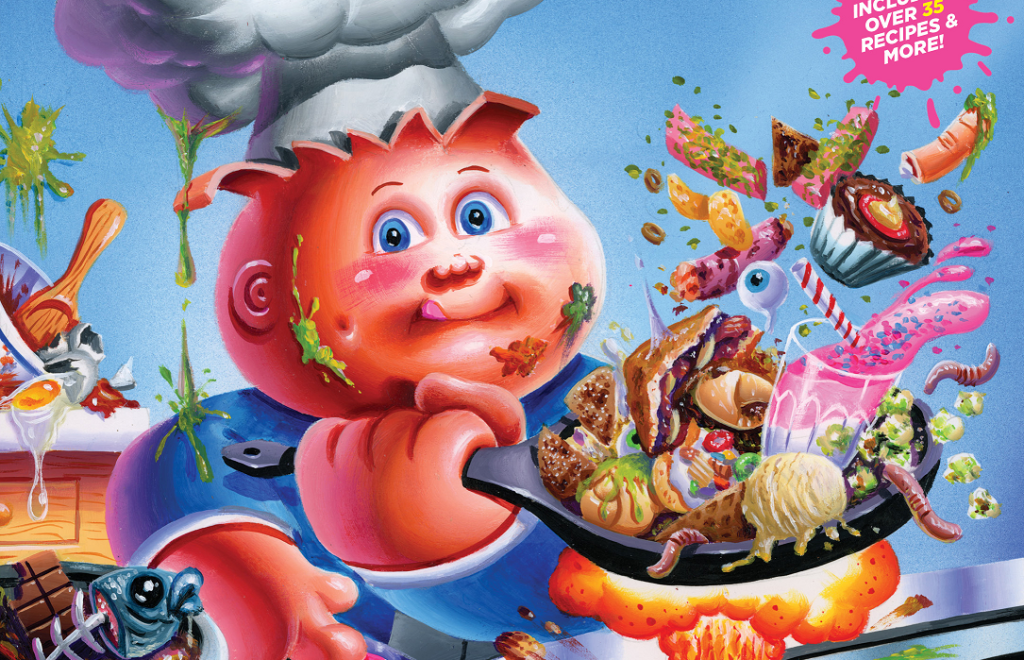
Based on the controversial trading cards, the animated series Garbage Pail Kids was set to debut in the U.S. in 1987. However, due to protests from parental groups and concerns over its crude humor and perceived promotion of bad behavior, CBS pulled the show before it ever aired. Despite being shelved in the U.S., the series found audiences in other countries.
6. “200” and “201” – South Park
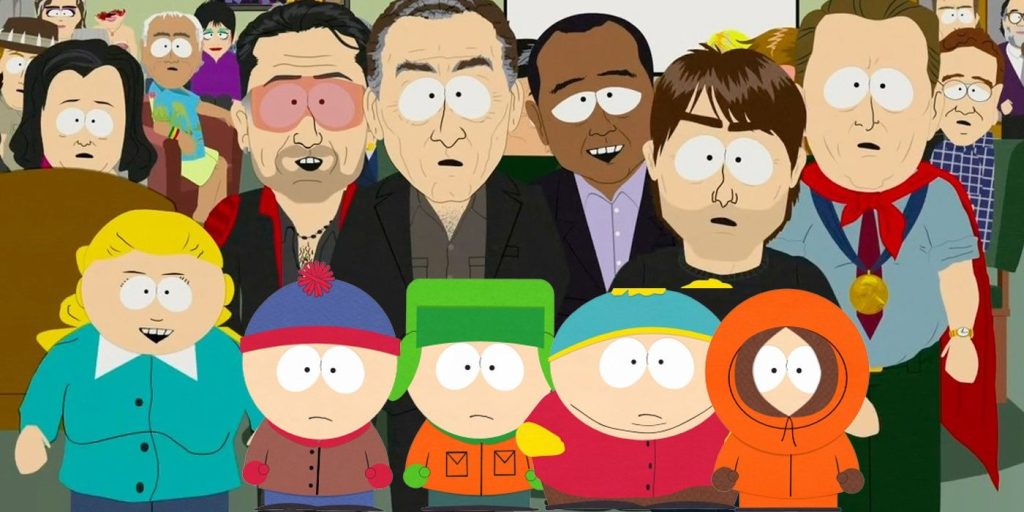
South Park has never shied away from controversy, but episodes “200” and “201” pushed boundaries by depicting the Prophet Muhammad, leading to threats from extremist groups. In response, Comedy Central heavily censored the episodes, and they were eventually removed from streaming platforms. These episodes remain among the most controversial in the show’s history.
7. “The Germans” – Fawlty Towers
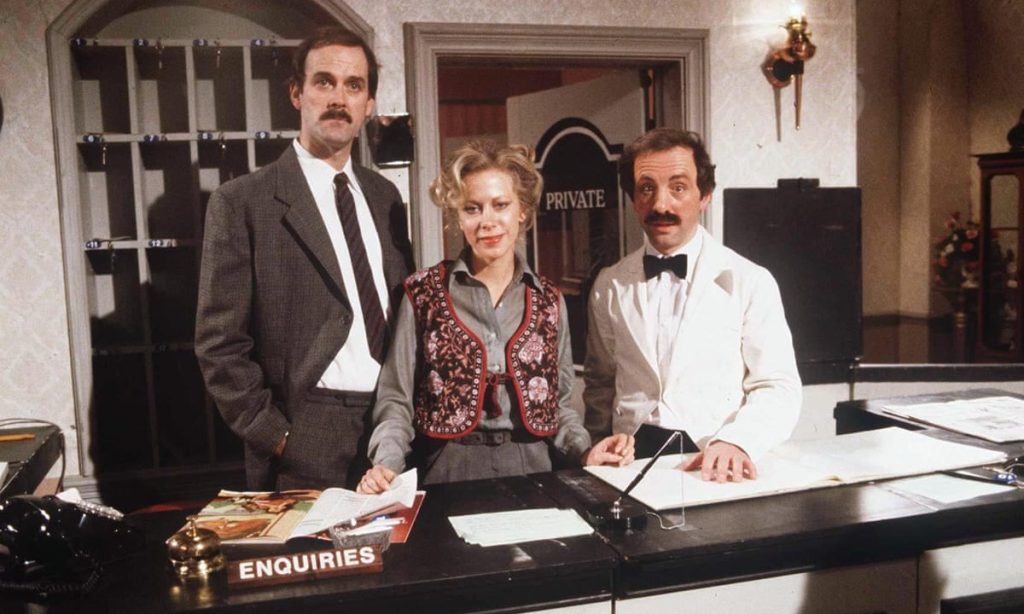
The classic British sitcom Fawlty Towers faced scrutiny for its episode “The Germans,” which contained racial slurs and outdated portrayals. In 2020, the episode was temporarily removed from streaming services. However, after public debate and discussions about historical context, it was reinstated with content warnings to inform viewers about its offensive language.
8. “Windy City” – Mike & Molly
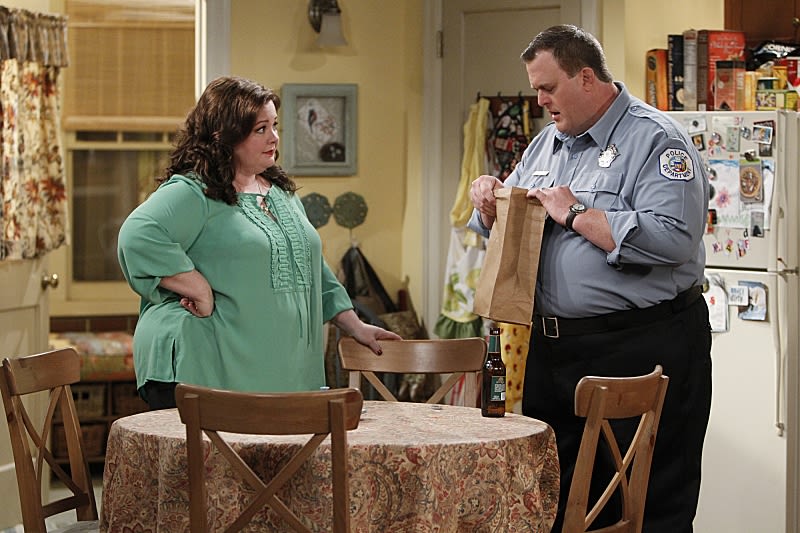
An episode of Mike & Molly titled “Windy City” was scheduled to air during a period when severe tornadoes were affecting parts of the U.S. Given the episode’s plot centered around a tornado hitting Chicago, CBS decided to pull it from the schedule out of sensitivity to real-world events. The episode was later aired once the immediate crisis had passed.
9. “The Good Fight” – Censored Segment
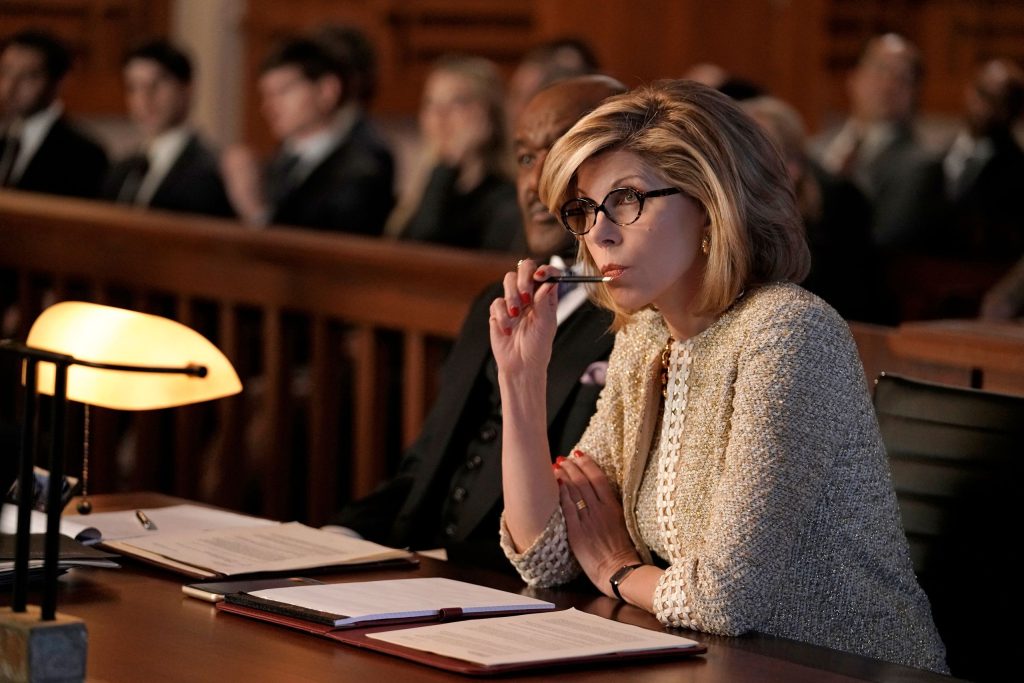
In 2019, an episode of The Good Fight included a musical short titled “Banned in China,” which critiqued Chinese censorship. CBS decided to censor the segment, replacing it with a title card stating the content had been removed. The decision sparked discussions about self-censorship and the influence of international markets on American media content.
10. “Little Britain” and “Come Fly With Me”
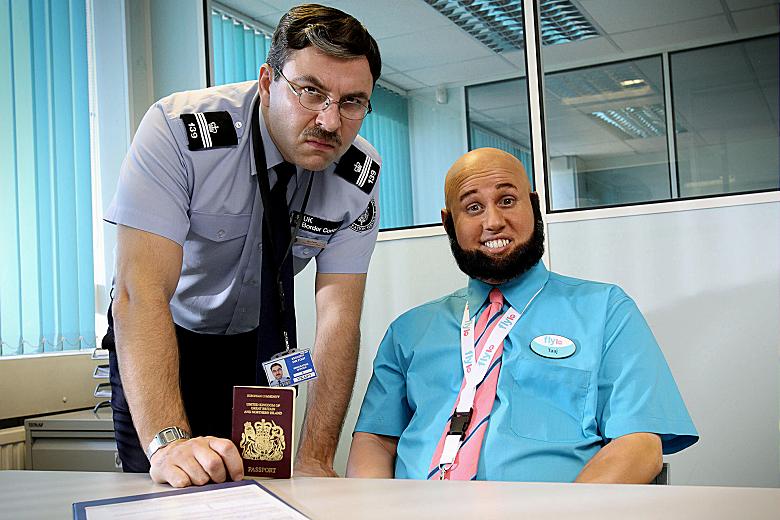
British sketch shows Little Britain and Come Fly With Me were removed from streaming platforms due to their use of blackface and portrayal of racial stereotypes. The creators issued public apologies, acknowledging that the content was offensive and inappropriate by today’s standards. The removal reflects a broader reassessment of past media through a contemporary lens.
These instances highlight the evolving standards of what is considered acceptable in television. As societal values shift, content that was once aired without question is now being reevaluated, leading to the quiet banning or removal of certain shows and episodes. This ongoing process underscores the importance of media reflecting the diverse and changing sensibilities of its audience.
